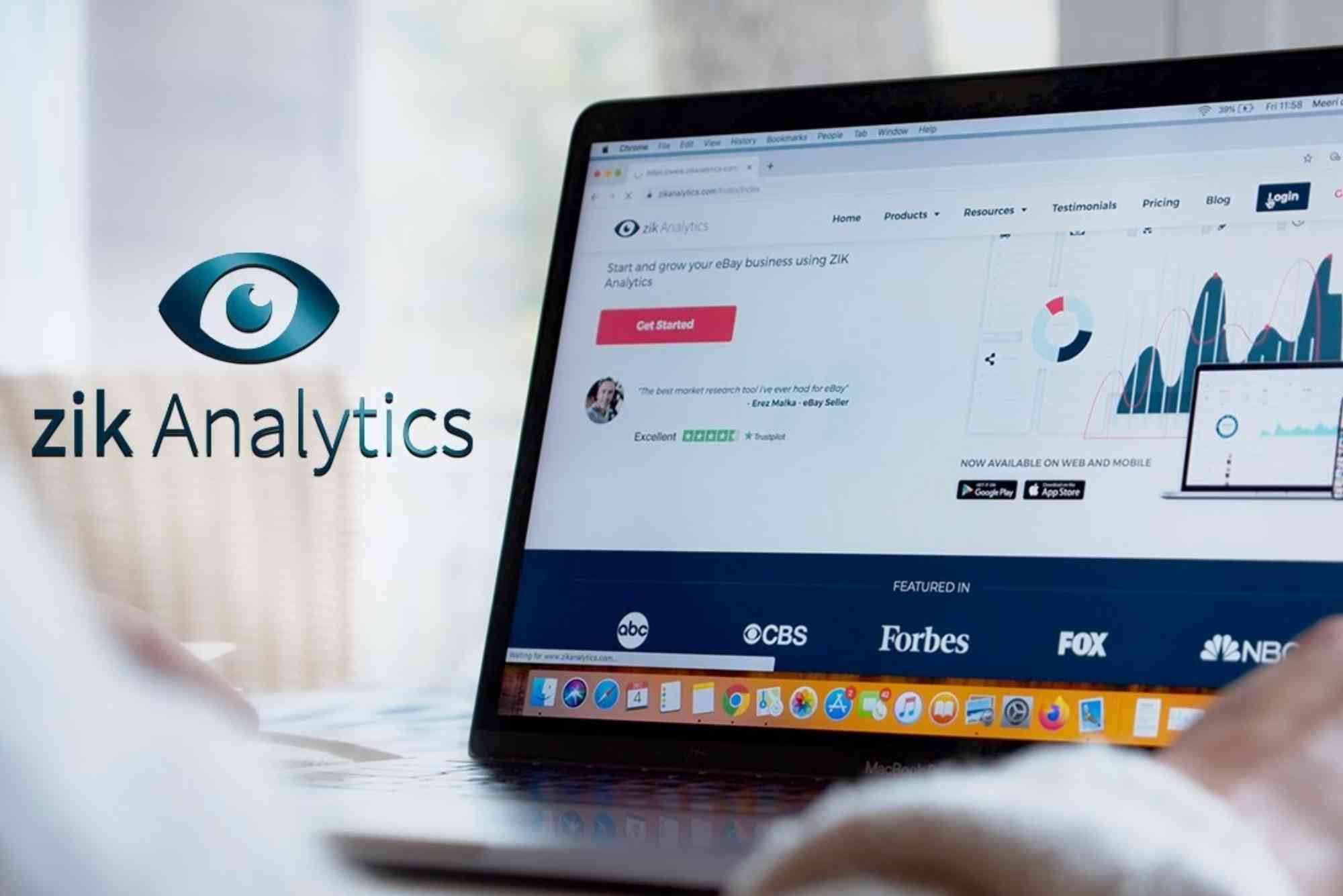Introduction
In today’s fast-moving digital world, online businesses depend heavily on data to make smart decisions. Every click, view, and transaction holds valuable information that can guide a company’s success. This is where analytical methods come in. They help businesses understand their customers, optimize marketing, and make informed decisions that increase growth and profitability. Whether you’re managing an e-commerce store, running a digital marketing agency, or building a SaaS platform, analytical methods are essential for creating a strong, data-driven strategy that sets you apart from competitors.
Understanding Analytical Methods
Analytical methods refer to systematic approaches used to collect, process, and interpret data. These methods help businesses identify trends, measure performance, and predict future outcomes. In the context of online business, analytical methods involve using tools and techniques like data visualization, statistical analysis, A/B testing, and conversion tracking to understand user behavior and improve performance.
When applied effectively, analytical methods allow companies to turn raw data into meaningful insights. This transforms decision-making from guesswork into a clear, evidence-based process. For example, by analyzing customer journeys, businesses can identify which marketing channels drive the most conversions or where users drop off during the checkout process.
The Role of Analytical Methods in Online Business
Data-Driven Decision Making
One of the biggest benefits of analytical methods is that they empower data-driven decision-making. Rather than relying on intuition, business owners and marketers can use data to evaluate what works best. Whether you’re optimizing product pricing, testing ad copy, or determining the ideal posting time on social media, data ensures that your actions are guided by facts, not assumptions.
Analytical methods help reduce risk and maximize returns. For instance, analyzing campaign metrics in Google Analytics Help can show which audience segments are most responsive to your ads. This allows you to focus your budget and efforts where they have the greatest impact.
Improving Marketing Strategies
Marketing without analytics is like sailing without a compass. Analytical methods help you measure performance across all channels—SEO, email, social media, and paid ads. You can see which campaigns drive the most traffic, which content engages visitors, and which keywords bring in the best leads.
If you’re struggling to improve your online marketing, consider getting SEO Expert Help from professionals who can interpret complex analytics data and turn it into actionable strategies. They can help you use analytical insights to refine your content, target the right audience, and boost conversions through smarter SEO planning.
Enhancing Customer Experience
Customer experience is the cornerstone of online business success. Analytical methods help you understand customer preferences, frustrations, and needs. By analyzing user feedback, heatmaps, and browsing patterns, you can identify areas of improvement and deliver a smoother, more personalized experience.
For example, if you notice that visitors frequently abandon their shopping carts, analytics can reveal whether it’s due to high shipping costs, slow loading times, or confusing navigation. With this information, you can make targeted changes that enhance satisfaction and drive repeat business.
Optimizing Website Performance
Your website is the face of your online business. Analytical methods allow you to monitor and optimize its performance continuously. Metrics such as page load speed, bounce rate, and session duration reveal how users interact with your site.
By using tools like Google Analytics or heatmap software, you can pinpoint slow pages, broken links, or content that fails to engage users. This ensures your site remains fast, relevant, and easy to navigate—factors that directly influence your search engine rankings and conversion rates.
Financial Insights and Profitability
Beyond marketing, analytical methods play a key role in financial management. They help you track revenue, costs, and profit margins accurately. By analyzing sales data, you can identify which products or services generate the highest returns and which ones need improvement.
For example, if a certain product consistently underperforms, data can reveal whether it’s due to low demand, poor pricing, or ineffective promotion. You can then adjust your strategy accordingly to increase profitability.
Key Analytical Methods Every Online Business Should Use
Descriptive Analytics
Descriptive analytics focuses on understanding past data to identify patterns and trends. This method answers the question, “What happened?” It involves analyzing metrics such as website traffic, conversion rates, and sales figures. Descriptive analytics is the foundation of all analytical work—it provides a clear picture of your business’s performance.
Diagnostic Analytics
While descriptive analytics tells you what happened, diagnostic analytics explains why it happened. It helps you find the root causes of success or failure. For instance, if your website traffic suddenly drops, diagnostic analytics can help you discover whether it was due to algorithm changes, technical issues, or ineffective campaigns.
Predictive Analytics
Predictive analytics uses data, algorithms, and machine learning to forecast future outcomes. It answers the question, “What might happen?” For online businesses, this means predicting customer behavior, sales trends, or market shifts. Predictive analytics helps you plan ahead and make proactive decisions, giving you a competitive advantage.
Prescriptive Analytics
Prescriptive analytics goes a step further by recommending specific actions to achieve desired results. It uses optimization and simulation algorithms to answer, “What should we do?” For example, it can suggest the ideal pricing strategy or the best marketing channel for a product launch.
A/B Testing
A/B testing is one of the simplest yet most powerful analytical methods. It involves comparing two versions of a webpage, ad, or email to see which performs better. This helps businesses make incremental improvements based on real user behavior, leading to higher conversion rates and customer satisfaction.
Benefits of Using Analytical Methods in Online Business
Better Resource Allocation
With accurate data, you can allocate time, money, and effort where they’re most effective. Analytical methods reveal which areas of your business generate the highest returns, allowing you to eliminate waste and focus on profitable activities.
Enhanced Competitive Advantage
In the crowded digital marketplace, staying ahead of competitors requires constant innovation and adaptation. Analytical methods provide the insights needed to anticipate market trends and respond quickly to changing customer demands.
Improved Customer Retention
By analyzing customer data, you can identify patterns in loyalty and churn. This allows you to implement retention strategies such as personalized offers, loyalty programs, or improved support services. Retaining customers is often more cost-effective than acquiring new ones, and analytics helps you do just that.
Smarter SEO and Content Strategy
Analytics reveals which keywords, topics, and content formats perform best. You can use this information to create more relevant content and improve your SEO ranking. Partnering with SEO Expert Help can further enhance your ability to use analytics for SEO optimization, ensuring your website ranks higher and attracts more organic traffic.
Common Challenges in Implementing Analytical Methods
While analytical methods offer immense benefits, they come with challenges. Many businesses struggle with data overload, lack of technical expertise, or poor data quality. To overcome these barriers, it’s essential to invest in reliable tools, staff training, and clear data governance policies.
Another common challenge is misinterpreting data. Not all metrics are equally meaningful; sometimes, vanity metrics like page views don’t reflect true business growth. The key is to focus on actionable insights that drive measurable results.
Real-World Example of Analytical Methods in Action
Consider an e-commerce company facing declining sales. By applying analytical methods, they discover that most users abandon their carts during the checkout phase due to unexpected shipping costs. Using this insight, they offer free shipping on orders above a certain amount. Within weeks, conversion rates increase significantly. This example shows how data-driven decisions can directly impact revenue and customer satisfaction.
How to Get Started with Analytical Methods
Start small by setting clear goals. Decide which metrics matter most to your business—traffic, conversion rate, revenue, or engagement. Use trusted tools like Google Analytics to track these metrics. Once you have sufficient data, use analytical techniques such as segmentation and trend analysis to draw insights.
If you find analytics overwhelming, professional SEO Expert Help can make the process easier. Experts can help you set up tracking systems, interpret data, and build strategies that align with your goals.
In an era where data defines success, analytical methods are the backbone of every thriving online business. They empower you to understand your audience, refine marketing efforts, improve financial performance, and stay ahead of competitors. Whether you’re just starting or scaling your business, integrating analytical methods into your strategy is no longer optional—it’s essential.
FAQs
1. What are analytical methods in online business?
Analytical methods involve using data analysis techniques to collect, process, and interpret business information. They help make data-driven decisions that improve performance and profitability.
2. Why are analytical methods important for small businesses?
They help small businesses understand customer behavior, track marketing success, and allocate resources efficiently—all crucial for growth on a limited budget.
3. How can I use Google Analytics for my business?
You can use Google Analytics Help to learn how to track visitor behavior, measure conversions, and identify your most effective marketing channels.
4. What is the best analytical method for beginners?
Start with descriptive analytics and A/B testing. These methods are simple yet powerful for understanding basic trends and improving performance.
5. How often should I analyze business data?
Regular analysis—weekly or monthly—ensures you catch trends early and make timely adjustments to your strategy.







